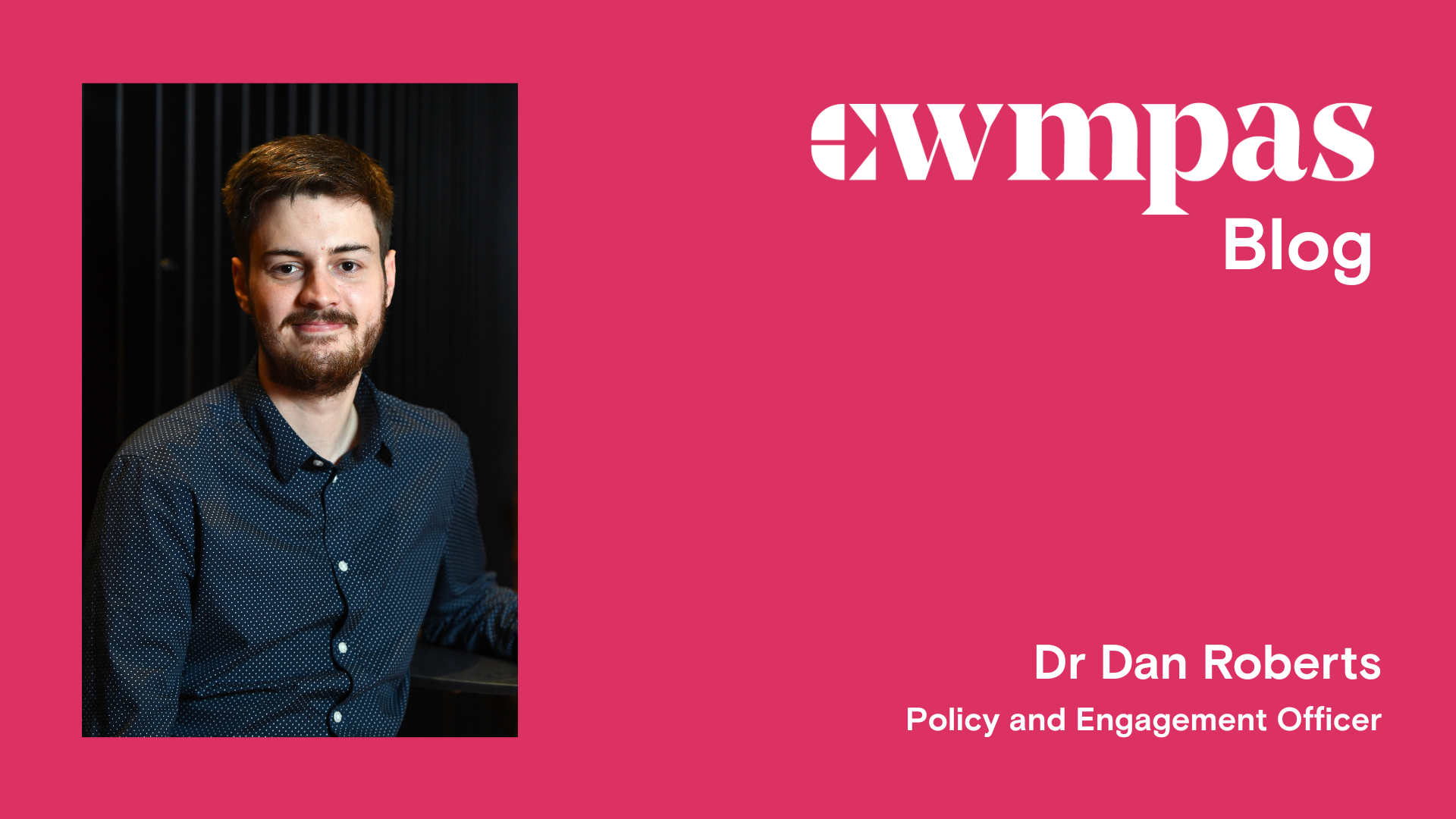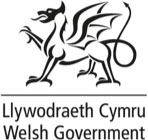The UK Government has identified reducing the size of the welfare bill as a key objective. As a result, it has announced budget cuts and changes to eligibility criteria, tightening access to financial support for those outside of the labour market. However, these measures have been strongly challenged by anti-poverty think tanks and disability charities, which warn that they will inevitably lead to higher levels of poverty, particularly among disabled people and those facing multiple barriers to employment.
There are two primary ways to reduce the welfare bill: cutting financial support and restricting eligibility, or increasing the supply of accessible, inclusive jobs that bring people into work. Clearly, the first approach risks worsening inequality and hardship. The second – creating more employment opportunities that are genuinely accessible for those furthest from the labour market – is a longer-term but far more sustainable solution.
Restructuring the labour market to be more inclusive is not a simple intervention. It requires employers to focus on treating people as individuals and understanding their strengths, recognising the contribution they can make, and acknowledging the complexity of people’s lives and genuine constraints that impact what’s possible. This is not about forcing people into unsuitable work but rather about designing jobs and workplaces that remove barriers, work alongside their lives and enable people to thrive.
Social Enterprises driving inclusive and sustainable employment in Wales
Fortunately, Wales has successful businesses that are leading the way in demonstrating that inclusive employment is both achievable and beneficial to individuals, businesses, and communities. Social enterprises are playing a crucial role in providing meaningful work opportunities for those who might otherwise be excluded from traditional employment. By employing the triple-bottom line model and prioritising people and planet as well as financial sustainability, these social enterprises are using their entrepreneurialism to create jobs that are not only financially viable but also designed to support and empower individuals.
They are proving that it is possible to build a labour market where no one is left behind. These social enterprises provide employment and training opportunities tailored to individuals’ needs, helping people gain confidence, develop skills, and move towards long-term job security. Their work highlights a clear alternative to punitive cuts to force people into work —one that has a human-centred approach.
Elite Paper Solutions, Antur Waunfawr, and the Community Impact Initiative are three exceptional organisations making a profound difference in the lives of individuals who face barriers to employment. By providing training, work experience, and personal development opportunities, these organisations are not only helping people gain skills and confidence but also strengthening communities and creating a more inclusive economy.
Building skills, gaining confidence, and transitioning into long-term employment
Based in the south Wales valleys, ELITE Paper Solutions provides confidential and secure shredding and destruction services and creates meaningful employment opportunities for disabled and disadvantaged individuals who may otherwise struggle to find work.
They came from ELITE Supported Employment Agency Ltd, a charity which has been assisting people with disabilities to obtain and maintain paid employment opportunities, within the community, via one to one support since 1994. Relying on joint working with local businesses to provide vocational opportunities, they recognised the need to set up their own sustainable business, with the aim of creating paid employment or work opportunities for their candidates – ELITE Paper Solutions then launched in 2015, along with ELITE Training Solutions, created in 2016; and ELITE Clothing Solutions in 2019.
By offering structured training and supported employment, they enable individuals to build their skills, gain confidence, and transition into long-term employment. They have been hugely successful, now delivering contracts for high-profile organisations like Transport for Wales, Health Boards and Local Government.
Providing work and training opportunities for individuals with learning disabilities
Antur Waunfawr, a pioneering social enterprise in north Wales, provides work and training opportunities for individuals with learning disabilities. They do this in a variety of different ways, including recycling, woodcraft, running a café, and much more. Antur Waunfawr creates a supportive environment where people can develop practical skills and achieve greater independence.
Their founder, R. Gwynn Davies, said that:
“Over the years, I came to realise how important it is that every member of the community is looked on as an individual, and not as part of some special section of society. The essence of my belief is that by serving their community, people gain recognition as citizens”.
Today, they have grown into a successful business that employs nearly 100 people in Gwynedd.
Combining skills training with real-life construction and renovation projects
The Community Impact Initiative (Cii) are the 2024 Social Business Wales Social Enterprise of the Year. They take an innovative approach to supporting people outside of the labour market by combining skills training with real-life construction and renovation projects.
Participants, many of whom face significant challenges such as long-term unemployment, mental health issues, or lack of qualifications, gain hands-on experience in trades like carpentry, plastering, and painting while refurbishing community spaces and homes. This approach not only provides invaluable skills but also delivers tangible benefits to local communities. By fostering confidence, teamwork, and resilience, Cii helps participants move towards stable employment and a brighter future.
Abi Lewis, Head of Service Delivery, said:
“We give local community members the chance to learn new skills, work on their confidence and motivation, meet new people, all while regenerating an empty home.
The goal is positive life improvement, whatever that means to each individual, which could mean getting back into work, but definitely means gaining confidence and empowerment through gaining new skills.
They’ll try it, and they’ll be buzzing at the end of the day, because they learned a new skill, and they’ve got confidence in themselves to try something new.”
Social enterprises have a key role to play
Clearly, these social enterprises have the potential to be huge assets in achieving the UK Government’s ambition to support people into work. It’s not a quick-fix – working with people in a tailored, human centred way takes time. But growing the number of jobs provided by these mission-driven social enterprises will create a sustainable, long-term solution to the challenges the UK Government have identified.
Ensuring there is a strong sector of social enterprises providing these opportunities for people to enter the labour market is key, and we need to create as supportive an environment as possible for new and existing businesses. While many social enterprises are thriving and ambitious for the future, there are also significant challenges. For many social enterprises and other third sector organisations, recent additional pressures like the increase in National Insurance employer contributions is a challenge that threatens the sustainability of these hugely impactful organisations.
A call to action for the government
In a recent article, Chief Executive of Antur Waunfawr, Ellen Thirsk, has said: “The rising cost of National Insurance is placing significant financial pressure on third-sector organisations such as Antur Waunfawr.
“As an innovative social enterprise in our field, committed to supporting people with a range of learning disabilities, including profound and complex disabilities, we are already operating within very tight margins, and an additional bill of £71,684 per year is a serious challenge for us.
Higher costs like this limit our ability to develop essential services and forces us to make cuts that we do not want to make.
We have already significantly reduced our running costs over the past two years, and the current economic climate is unsustainable, considering that we provide care services worth up to £2.1 million in Gwynedd.
We are calling on the Government to urgently provide additional financial support.”
We strongly support these calls. This additional support would be an investment in re-balancing the labour market and helping people into work.
Beyond that, ensuring a supportive environment for these impactful social businesses should be at the heart of the Welsh Government’s economic policy agenda – to create sustainable, inclusive growth for Welsh communities.
Investment in this sector will create multi-faceted benefits and social return – supporting people not only into work but into a supportive environment that connects them to their community.
Across different challenges – from persistent poverty, to ensuring a just transition, to ensuring employment is an option for all, mission-driven social enterprises with a triple-bottom line approach are already demonstrating the innovation and social entrepreneurialism that will provide solutions. It is our collective responsibility to provide as supportive an environment as possible with social enterprise at the heart of enabling people to start or return to employment safely and sustainably.
Whatever challenges are keeping individuals out of the labour market, threatening the sustainability of the very organisations who are pro-actively finding sustainable solutions to bring people into the labour market is not the answer. We are calling on the Welsh and UK Government to ensure they are pro-actively supporting social businesses to keep doing their brilliant work in this space.










